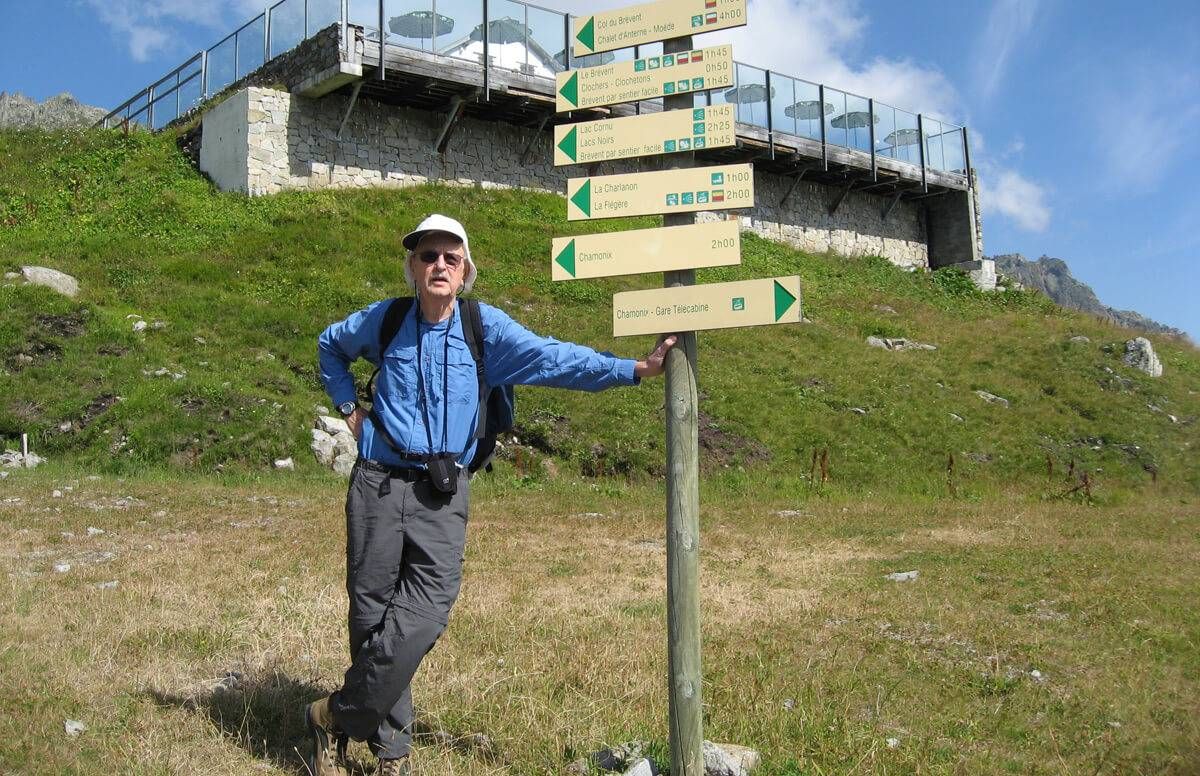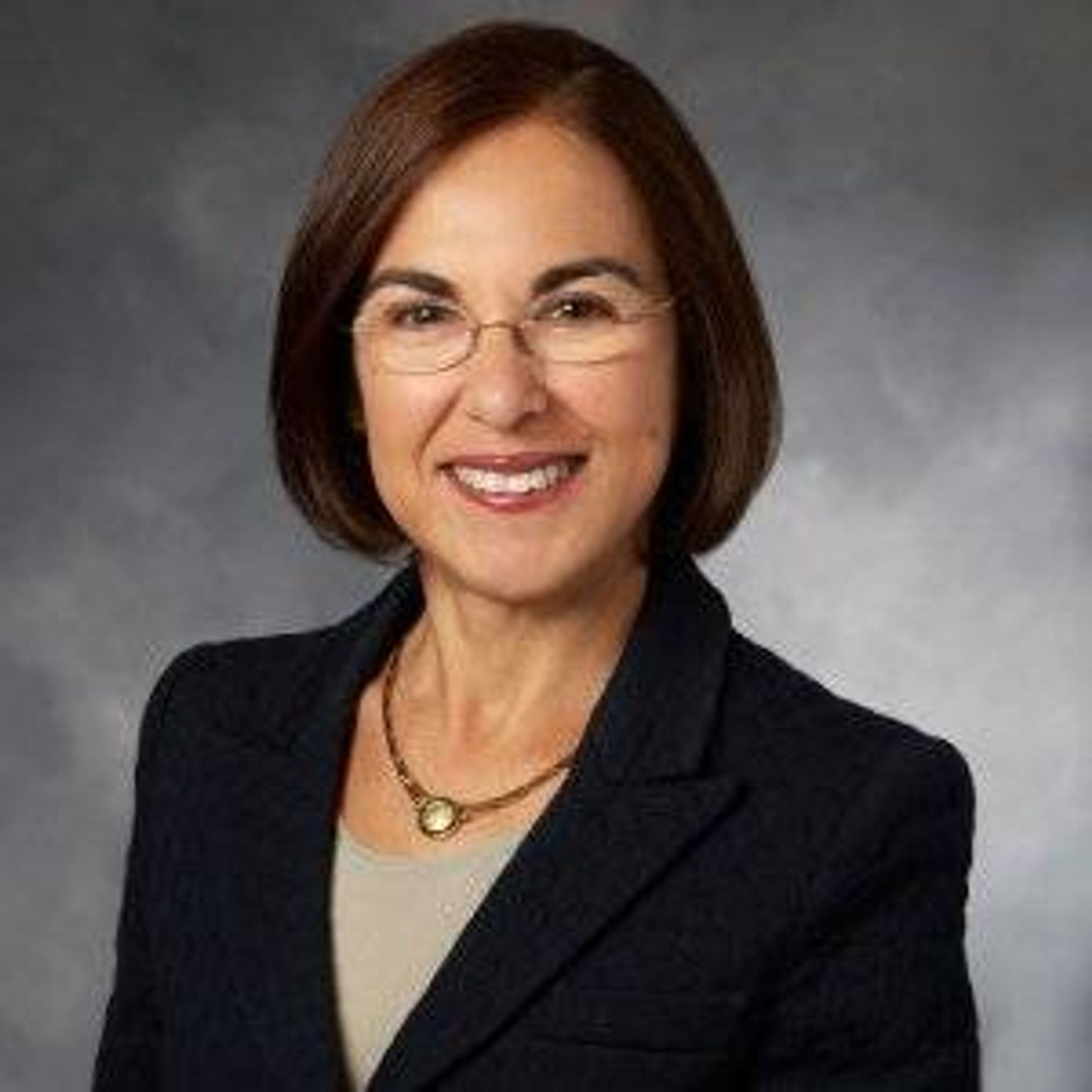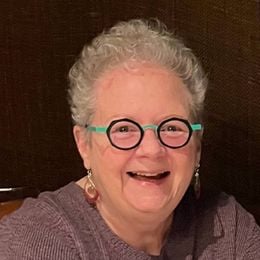How to Cope With Post-Cancer Fear
Survivors and health care experts provide tips to keep anxiety at bay
You get cancer. You get it fixed. After treatment ends, you get something new: a black cloud that can follow you around for decades. Is this normal?


“There is no 'normal' end date for fears after a brush with cancer,” says Dr. Lidia Schapira, medical director of the Cancer Survivorship program at the Stanford Comprehensive Cancer Institute in Stanford, Calif.
“Data from the National Cancer Institute show that up to twenty five percent of cancer survivors experience some symptoms of depression and forty five percent experience anxiety,” Schapira says. “To put that in perspective, about twenty percent of veterans that served in Iraq or Afghanistan suffer from post-traumatic stress disorder.”
Death, of course, is one big fear, though the death rate from cancer has declined steadily over the past 25 years. Recurrence is another. Follow-up visits, new cancer screenings or even the anniversary of a diagnosis can trigger or exacerbate survivors’ distress, Schapira says.
Today, there are 16.9 million cancer survivors in the U.S., and 64 percent of them are 65 or older. How can they best manage fears generated by the disease?
This Two-Time Cancer Survivor Copes by Keeping Busy
“I live in the moment,” says Robert Brown, 82, reached on his way to Frazier, Colo., for a snowshoeing vacation. In 2009, Brown was diagnosed with throat cancer. He had surgery and underwent 39 radiation treatments. In 2012, he had surgery for bladder cancer.
“I always try to enjoy what I’m doing, even just spending time on my laptop with a cup of coffee,” Brown says. He also lifts weights, plays golf, attends yoga classes, goes backpacking, takes a strength-training class and spends two weeks in Florida every year. A retired attorney, Brown lives in suburban St. Louis.
“I’ve been scared of cancer, and the aftermath of surgery sucks, but by staying active, I don’t have time to dwell on fear,” he says. “You’re going to die, a little later or maybe even sooner, so you want to get in as much living as possible. I think life is good. I have T-shirts that say that.”
My Experience With Breast Cancer
Brown’s advice echoes that of a 10-year survivor I met in 1995, when I was first diagnosed with breast cancer.
“Cast your anchor into the future,” the woman told me. “Make big plans.”
My plans were interrupted in 2009, when I faced breast cancer a second time. After half a dozen grief counseling sessions, now I’m fine most of the time, but a recent mammogram by a rushed technician with no interpersonal skills left me shaken.
Trying to concentrate on the good news — the preliminary result was normal — I drove four miles to San Francisco’s Ocean Beach. Listening to the calming sound of the sea, I watched waves roll in, pelicans fly by and crows steal food from gulls.
“Forest bathing,” taking time to connect to nature in a park, also helps me.
Tips for Reducing Stress After Cancer
Cancer.Net, the American Society of Clinical Oncology’s patient information site, lists other strategies for reducing the stress that comes with worrying about cancer recurrence, including:
- Spending time with family and friends
- Focusing on hobbies and other activities you enjoy
- Taking a walk, meditating or enjoying a bath
- Exercising regularly
- Reading a funny book or watching a funny movie
That site, where Schapira serves as editor in chief, also discusses how to determine whether you need professional help. How do you get what you need? You ask for it.

“Speak up,” Schapira says. “Physicians recognize that being treated for cancer will produce some distress, but sometimes getting care for that is hit or miss.”
Julia Rowland, a clinical psychologist and breast cancer researcher, would agree. “The fear of recurrence is the most universal effect of a cancer diagnosis,” she says, “and the continuing challenge in cancer care today is ensuring we are caring for the whole patient. We’re still not doing that systematically.”
Rowland is on the board of the National Coalition for Cancer Survivorship and a senior strategic adviser at Smith Center for Healing and the Arts in Washington, D.C. For 18 years, she served as director of the Office of Cancer Survivorship at the National Cancer Institute, part of the National Institutes of Health.
‘The Mental Part is Harder than the Physical Part’
After treatment ends, many cancer survivors feel “pushed out the door with no safety net, and that’s when they want to know if the cancer will come back,” Rowland says.
They also want to know who to call when they experience any physical discomfort. When one of her ribs hurt, my 56-year-old friend, who was just 14 months past her cancer diagnosis, called her oncologist, seeking peace of mind.
“Any unexplained pain makes me worry, though I know I could have pulled something at the gym or picking up the big suitcase I traveled with at Christmas,” my friend says. “I had no idea what it would be like to have this constant fear. Usually, I try to distract myself, but the mental part of having cancer is harder than the physical part."
That observation doesn’t surprise Rowland. “Family and friends may want back the person you were before the cancer diagnosis and treatment. But it takes a while to figure out what to do with anxiety after cancer,” she says. “For most people, it gets better. But it doesn’t ever go fully away. You have to park it somewhere.”
Rowland recommends staying active, maintaining a healthy weight, wearing sunblock, scheduling other cancer screenings and looking for a support group so you won’t feel alone. She adds, “A final piece of advice would be to learn meditation, relaxation or mindfulness techniques so you can learn how to live fully. Survivors have a lot of processing to do.”
Schapira has a vision for the future of cancer care. “We need to walk part of the journey with survivors after they leave the cancer space to help them feel more confident and better prepared to handle the challenges of the illness,” she says. “The new frontier is to first recognize that the disease alters the mind, body and spirit of the survivor and of the family unit in many ways — and that the effects may last forever.”


